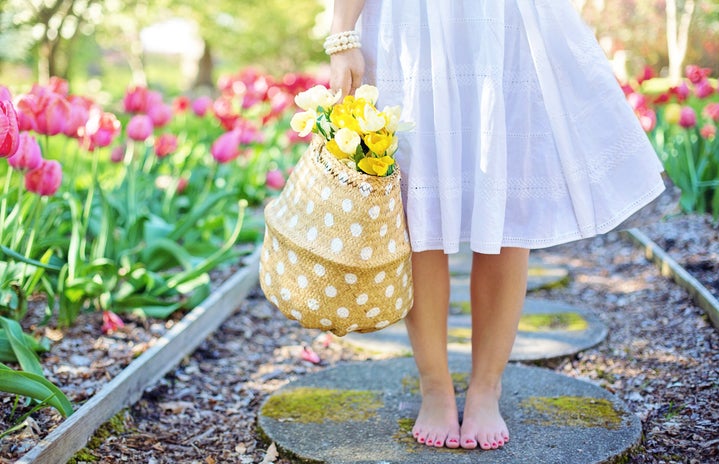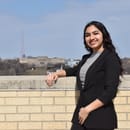Spring is my favorite time of the year, not only because it’s the season of my birthday and when plants begin blooming again but because it’s the time of Nowruz.
Nowruz, pronounced no-rooz, is the name for the Persian New Year. Most attribute the holiday to Iran but it is celebrated in Afghanistan, Albania, Azerbaijan, Macedonia, India, Kazakhstan, Kyrgyzstan, Tajikistan, Turkey, Pakistan and Turkmenistan. Nowruz is known as the day to celebrate the return to spring and “the rebirth of nature”.
It dates back to about the 6th century BCE and had its start in the Persian Empire. Nowruz’s origins supposedly lie in Zoroastrianism, one of the oldest monotheistic religions in the world. The holiday is considered one of the holiest days in the Zoroastrian calendar, although today it is primarily celebrated with only cultural context.
This return to spring, and the start of a new year, that Nowruz initiates is seen as having spiritual significance for Zoroastrians. Today, for non-Zoroastrian celebrators it still symbolizes the triumph of good over evil, joy over sorrow and light over dark, after all, it literally translates to “daylight” or “new day.”
This year, Nowruz falls on March 21. But even before the celebrations of Nowruz begin, preparations take place at the start of the month. Traditionally, celebrators begin spring cleaning two to three weeks in advance of the holiday by getting rid of excess junk and dirt that they accumulated over the year.
In nations like Iran, where the majority of the country celebrates Nowruz, the cleaning is very visible. People wash their rugs in the streets or streams and hang them to dry in their backyard. Some will also begin collecting objects for their haft-seen.
The haft-seen, sometimes spelled haft-sin, is a ceremonial table that holds a collection of items meant to symbolize different things that the family hopes for the new year. Haft-seen roughly translates into “seven s’s” and depending on your family’s traditions there are seven, or more, objects on your table.
The seven s’s refer to and represent different things:
-
Sabzeh: a type of either wheat, barley or lentil sprouts growing in a dish
-
for rebirth and renewal
-
-
Senjed: dried fruit
-
for love
-
-
Sib: apples
-
for beauty and health
-
-
Seer: garlic
-
for medicine and taking care of one’s health
-
-
Samanu: a sweet pudding made from wheat germ
-
for wealth and fertility
-
-
Serkeh: vinegar
-
for the patience and wisdom that comes with aging
-
-
Sumac: crushed sumac berries
-
for the sunrise of a new day
-
Most families will have more than these seven on their tables. I know my family in the past has had eggs on the table for fertility and coins for wealth and prosperity. Coming from a very proud South Asian family, Nowruz is something that has been celebrated by my family for many, many generations.
Celebrators of Nowruz are all about symbolism as you can tell. So another thing to keep in mind for Nowruz is that you’re supposed to wear a brand new outfit, even underwear, to symbolize the fresh start that Nowruz initiates.
This Nowruz, both of my parents are in Pakistan for vacation. Instead of not celebrating Nowruz at all or only by myself, my roommate has kindly offered to partake in it with me since I don’t know anyone else who celebrates here well enough to be invited to their Nowruz festivities.
We have both been keeping the room clean and have been going through our own belongings to see if there is anything we don’t need anymore. We are even setting up a small haft-seen in our room so that I could experience my Nowruz to the fullest extent possible while away at college.
I feel like no matter how far away I am from my homeland and even my own family, my culture and traditions are things that I will always hold dear because they are what remind me of who I am. Nowruz, like any new year holiday, is meant to be the time to reflect and create room for growth.
I don’t exactly have any new year resolutions but I do hope that my new year is filled with friendship, love, happiness, strength, and success. Whether you are celebrating Nowruz this March 21 or this is the first you’ve heard of the holiday, I hope that your new year is filled with those things and more.
Nowruz Mubarak! Happy Nowruz!



